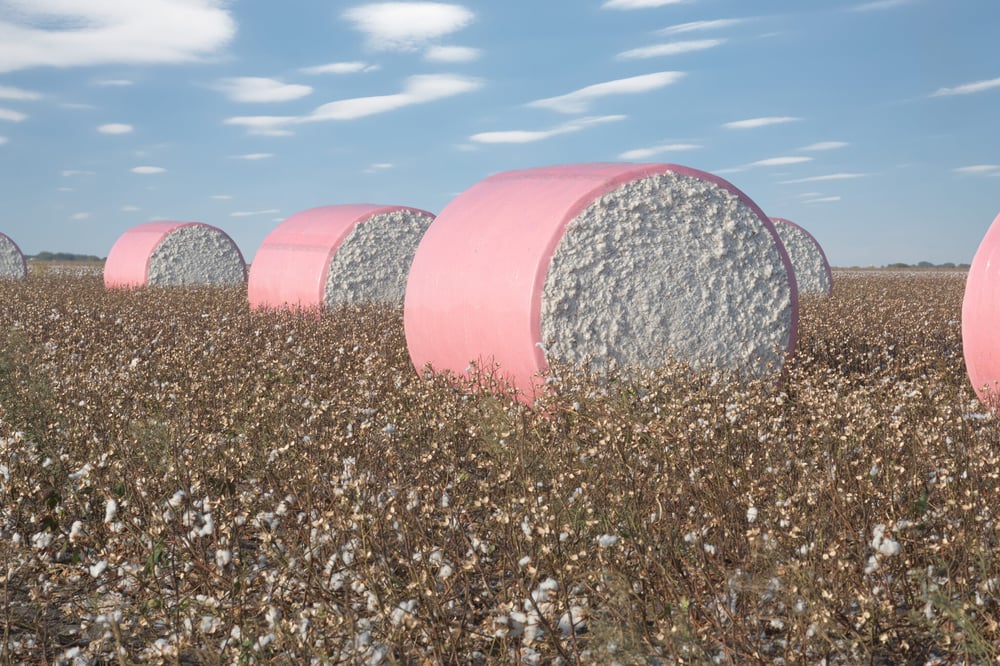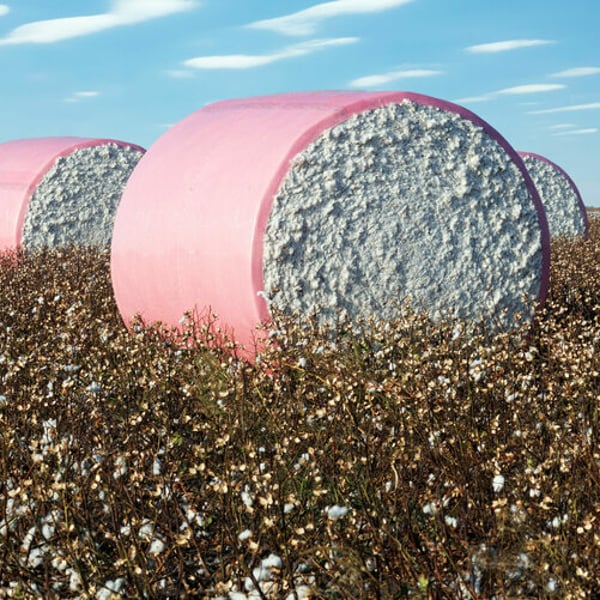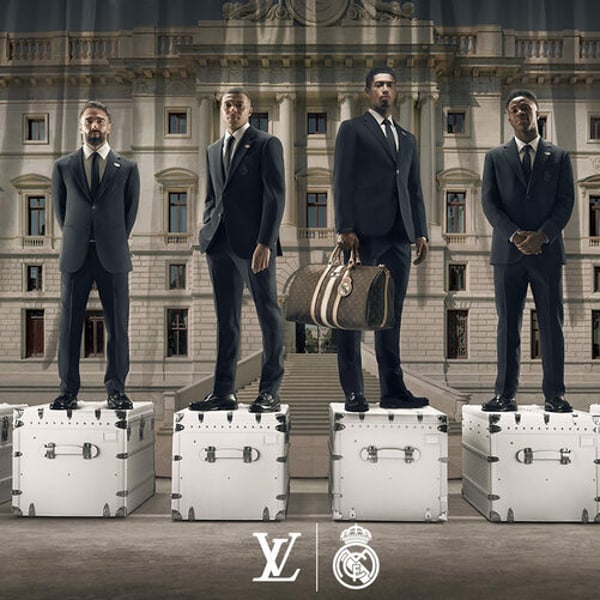Translated by
Nazia BIBI KEENOO
Published
April 29, 2025
Major apparel-producing nations—Bangladesh, Pakistan and Indonesia—are increasingly turning to American cotton purchases as a bargaining tool in negotiations to avoid U.S. tariffs on clothing imports. While each country operates under different economic conditions, they share a common strategy that may face hurdles, including limited U.S. production and China’s dominant position in the cotton trade.

The National Cotton Council of America (NCC) has recently seen a surge in engagement from foreign buyers. Several of the United States’ key cotton importers are leveraging their purchasing power to gain relief from the elevated tariffs imposed on apparel by the Trump administration. This effort includes the Bangladesh Textile Mills Association (BTMA), which has launched direct discussions with U.S. officials.
The United States is the world’s fourth-largest cotton producer—following China, India, and Brazil—with an output of 12 million bales in 2023, representing 11% of global production. In 2024, Bangladesh became the fifth-largest importer of U.S. cotton, purchasing $270 million worth. As talks progress, Bangladesh has expressed a willingness to significantly increase the percentage of American cotton in its raw material mix, which currently accounts for just 12%.
“We firmly believe this volume can increase four- to fivefold in the near future through mutual cooperation and political support,” said BTMA President Showkat Aziz Russel. He emphasized the “longstanding and fruitful partnership” between the Bangladeshi textile and apparel sectors and the United States.
Bangladesh’s top priority is to avoid the new 37% tariff, which has increased from 10% previously. In 2024, the U.S. imported $7.5 billion worth of apparel from Bangladesh, placing the country behind China, Vietnam, and India among America’s top suppliers.
Pakistan’s strategy
Pakistan is pursuing a similar cotton-based approach to influence trade talks, albeit from a different vantage point. While it is the world’s fifth-largest cotton producer, it also ranks fourth in U.S. cotton imports—trailing China, Vietnam and Turkey.
In 2024, Pakistan exported $2.1 billion in apparel to the United States. The country is now weighing the possibility of increasing imports of U.S. cotton and oil to negotiate exemptions from the tariff hikes.
Although Commerce Minister Jam Kamal Khan remains optimistic, concerns persist. Industry leaders warn that the trade war targeting China could inadvertently favor India and Vietnam—both of which ship larger volumes of apparel to the U.S. than Pakistan. Vietnam, in particular, is drawing attention as Chinese manufacturers relocate operations there to circumvent tariffs aimed specifically at Chinese-origin goods.
Indonesia’s diplomatic balancing act
Indonesia, the fifth-largest apparel exporter to the U.S. with $4.2 billion in shipments in 2024, is also positioning U.S. cotton as a key element of its trade negotiations. This strategy aligns with the economic diplomacy led by Minister of Economic Affairs Airlangga Hartarto.
Indonesia produces little cotton domestically and relies heavily on imports from Australia and Brazil. Shifting toward American cotton would mark a significant change in sourcing policy.
However, a major challenge remains: the U.S. cotton supply is limited. This shortage could spark competition among countries seeking access as they try to work around American trade barriers.
China currently accounts for 18.4% of U.S. cotton exports, making it the largest foreign buyer. However, China is subject to the same tariffs, its commanding market share allows it to influence access to American cotton, potentially restricting availability for Asian rivals and tightening its hold on the global supply chain.
Copyright © 2025 FashionNetwork.com All rights reserved.









